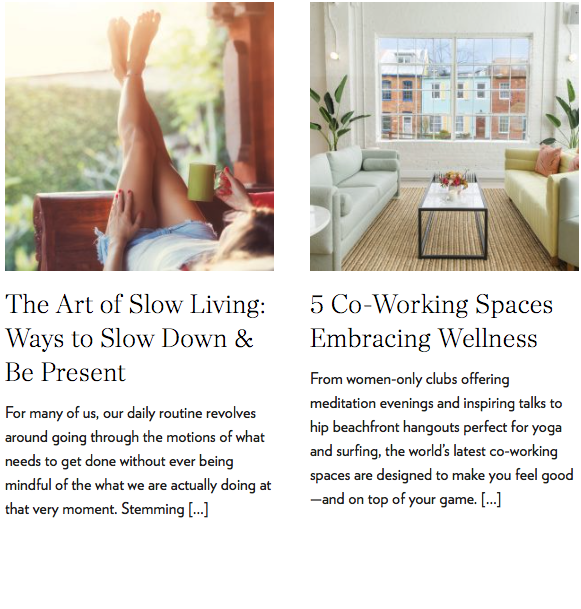Want to become a happier person? You’re not alone. For many, happiness is one of the most sought-after goals in life – one testament to this is United Nations (UN) annual World Happiness Report.
A new study by personal development and mental wellbeing app Remente looked at 21 cities across the globe to find out what factors make people happy. The results showed that London is among the unhappiest cities in the world.
Londoners rate their relationships with family, friends, and romantic partners as the most important elements of life, while personal development and health and fitness worry them the most.
According to David Brudö, CEO and co-founder at Remente: “it is not surprising that internal factors, such as personal development and health and fitness are an issue. These elements are personally controlled and changing, or succeeding is most often up to yourself. This means that we judge ourselves more harshly if we don’t succeed, or keep up with our own, or others, expectations. Relationships with family, friends, and romantic partners are harder to control and measure and are often more organic. As such, we find that we are normally happier with these life factors.”
He advises that: “to create more balance in life, it is important to practice self-love and to get a better understanding what is leading to imbalances. This will help you in taking back control which may lead to you feeling happier. with yourself and with your relationships”
In light of this, he shares his advice on simple changes to make in one’s daily life to become a happier person.
Make exercise a priority
The mind and body are closely linked to each other. While certain mental health conditions, like anxiety, can manifest itself with physical symptoms, similarly, if the body is not looked after, it can distract or even limit the mind. When the mind and body work together in keeping you healthy, you will find that your energy levels are up, you feel more positive and your mind works at a quicker pace. Research reviews continue to strengthen the claim that aerobic exercise, like running, is the best for brain health as it improves a person’s cognitive function, executive function, and memory.
Make sure to smile
Every morning, no matter how tired or groggy you feel, start your day with a smile. It might feel forced at first but persevere and your smile is likely to become more genuine. Our facial muscles and brains are more connected than you think – this is why laughter is so contagious!
Make the right to-do list
An over-complicated to-do list can be a huge cause of unhappiness and stress, so make sure that you get into the habit of creating the right one. As you make your to-do list, you will notice that certain things are of higher priority than others and the easiest way to sort them is through the Eisenhower Matrix, that ranks tasks from: Important – Not Urgent, Important and Urgent, Not Important – Not Urgent, Not Important – Urgent. Once you’ve done this, assess each section – most of us tend to cram more into the Important and Urgent section than there really needs to be, and this section should only be filled with absolute emergencies, such as create client report in time for the deadline, etc. Important – Not Urgent is a category that you need to carefully prioritize yourself – it might be something important to someone else but not urgent to you. In this case, learn how to say no.
Schedule a call with family and friends
Friendships and a positive family relationship is a crucial element in protecting our mental health and happiness. Friends and family members offer an important network, helping to keep us grounded, and helping us keep things in perspective. It could be a good idea to schedule regular calls with someone close to you, perhaps start by calling someone once a week and increase it from there. You could even do this during on your commute.
Start journaling
Understanding where there is an imbalance in life will allow you to take your power back and feel happier in both yourself and in your relationships. Easier said than done, but a tool that can help is keeping a journal. There are so many benefits to journaling including, helping you work out where the problem is coming from and try to solve it. Perhaps most important, journaling is an outlet for processing emotions and doing it on an ongoing basis can help increase self-awareness.
Remente is a free-to-use mental health and personal development platform for individuals and businesses. The app combines psychology with brain and mental training to help users reach their full potential, complete personal and professional goals, and lead a healthier lifestyle. Users can track their mood through the app, as well as undertake courses on stress management, goal setting, memory, and many others to help them become a happier person. Available to download on iOS and Android here.
MORE ARTICLES WE THINK YOU’LL LOVE…















